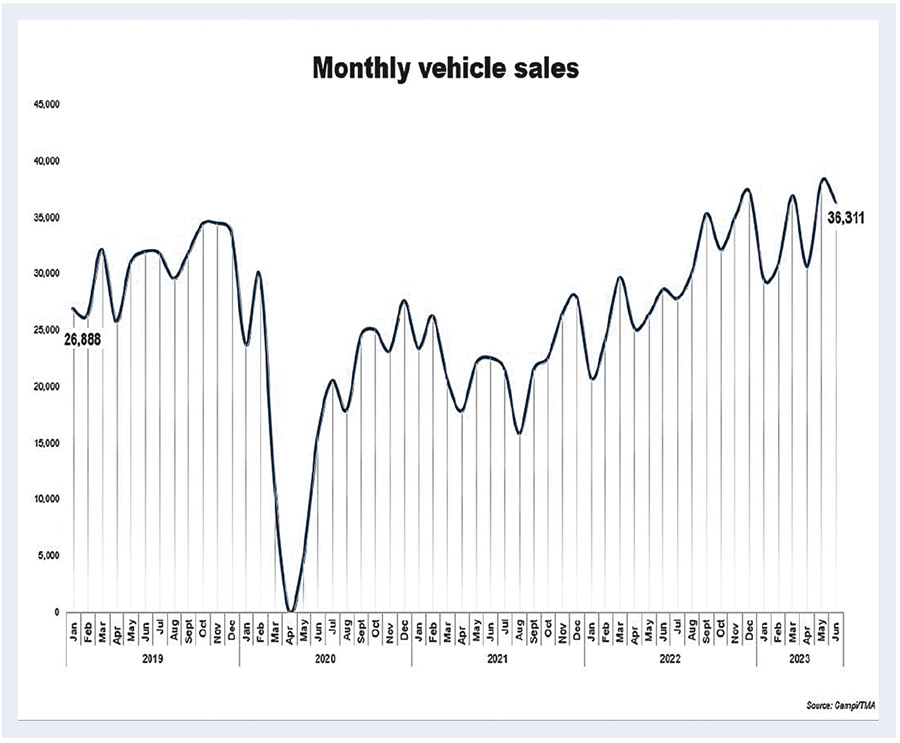The Philippines and the European Union (EU) will start this year its scoping work on the planned free trade agreement (FTA), a substantial progress in the country’s bid to resume negotiations on the deal.
The Philippines also views as positive the proposal by the EU lawmakers to renew for four years the Generalized System of Preferences (GSP) Plus with no additional conditionalities, one of which would have required the country’s re-accession to the Rome Statute of the International Criminal Court.
Ceferino Rodolfo, undersecretary of the Department of Trade and Industry, said in a press conference Trade Secretary Alfredo Pascual’s face-to-face meetings with officials of the EU Parliament and the EU Commission last month gave a big push to the Philippines’ bid to resume FTA negotiations and to renew the GSP +. Rodolfolikened the scoping as the terms of reference of any FTA negotiation where the topic will include general principles, coverage, discussion modalities.
Rodolfo said despite the stalled negotiations, the timing of the conduct of the scoping is ripe since “a lot of things have changed since the last round, which was in 2017.”
“At the time, we were not even talking of EVs (electric vehicles), we were not even talking about critical minerals,” Rodolfo said.
EU officials have also softened on the Philippines’ request to renew the GSP+ despite earlier concerns on labor and human rights.
“Some were proposing additional obligations which has something to do with immigration . Eventually, lawmakers had proposed the rollover of the GSP as is, without any additional conventions. This has not been approved by the whole Parliament,” Pascual said.
Pascual noted the importance of pushing for both the FTA and the GSP so as to ensure tariff privileges of the country’s exports to the EU.
“We will only be eligible to the GSP+ while we are a lower middle -income economy. By 2025, we expect to be in the upper middle-income bracket which will make us no longer eligible to the preferential trade scheme,” Pascual said. Irma Isip





